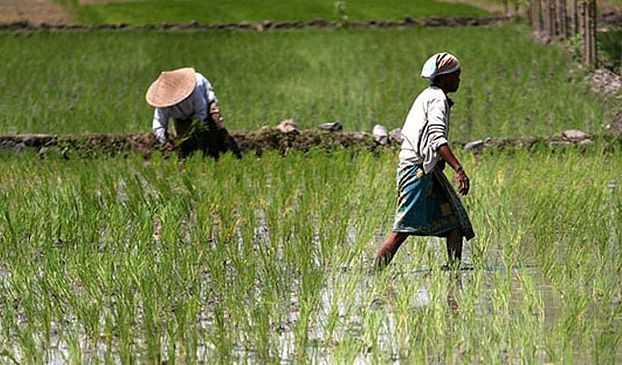/ Events
Conference on Agriculture, Nutrition, and Development
The United Nations Food and Agriculture Organization was the topic of an international conference at the Institute for Global European Studies. The conference took place from August 29 to 30, 2014.
The history of international organizations has become one of the most rapidly growing fields of historical research in the past decade, moving from mostly institutional accounts to analyses of networks, flows of ideas and persons and, in general, more constructivist approaches. The Food and Agriculture Organization FAO, however, has not yet been examined under these new lights, perhaps also because even FAO itself has referred to its attempts at eradicating hunger as “a tragic failure.” Accounts of FAO’s foundation and its trajectories remain almost exclusively limited to an institutional perspective and often present a one-dimensional description of the organization’s aims to raise levels of nutrition, improve production and secure the welfare of rural populations, all with the ultimate goal to stop hunger in the world.
The workshop posits that after 1945, the interconnectedness of questions of nutrition, agriculture and poverty became a central aspect of international governance, and that issues of food and agriculture posed particular challenges to national sovereignty. We thus approached the history of FAO as a history of the ideas and practices of economic and social ‘development’ embedded in local, regional, national, and global contexts and with implications on all these levels. We examined the process by which the FAO facilitated the institutionalization and globalization of debates on agricultural production and food security, how it integrated previous international and transnational networks, and how it navigated the tension between agrarian commercialization and rural welfare during the Cold War and Decolonization. That said, we are also interested in putting FAO’s activities in perspective by exploring the limits imposed on FAO’s scope of action both through its institutional set-up, the allocation of resources, and the co-operations with other (and sometimes rivaling) international as well as national organizations.
Interested scholars were asked to submit their proposals until January 31, 2013. For further information about the conference, kindly see the Call for Papers.
The conference "Revisiting the Historical Connections between Agriculture, Nutrition, and Development: The United Nations Food and Agriculture Organization (FAO) in a Global Context" was held at the University of Basel from August 29 to 30, 2014. It was organized by Prof. Ph.D. Corinne A. Pernet and Dr. Amalia Ribi-Forclaz. Prof. Pernet is SNSF professor at the Institute for European Global Studies. Her research interests include the history of international organizations, cultural history as well as nutrition. Dr. Amalia Ribi-Forclaz is Research Fellow for International History at the Graduate Institute Geneva. Her current research focuses on the transnational history of agricultural labor regulation between 1930 and 1970.
Further information:

